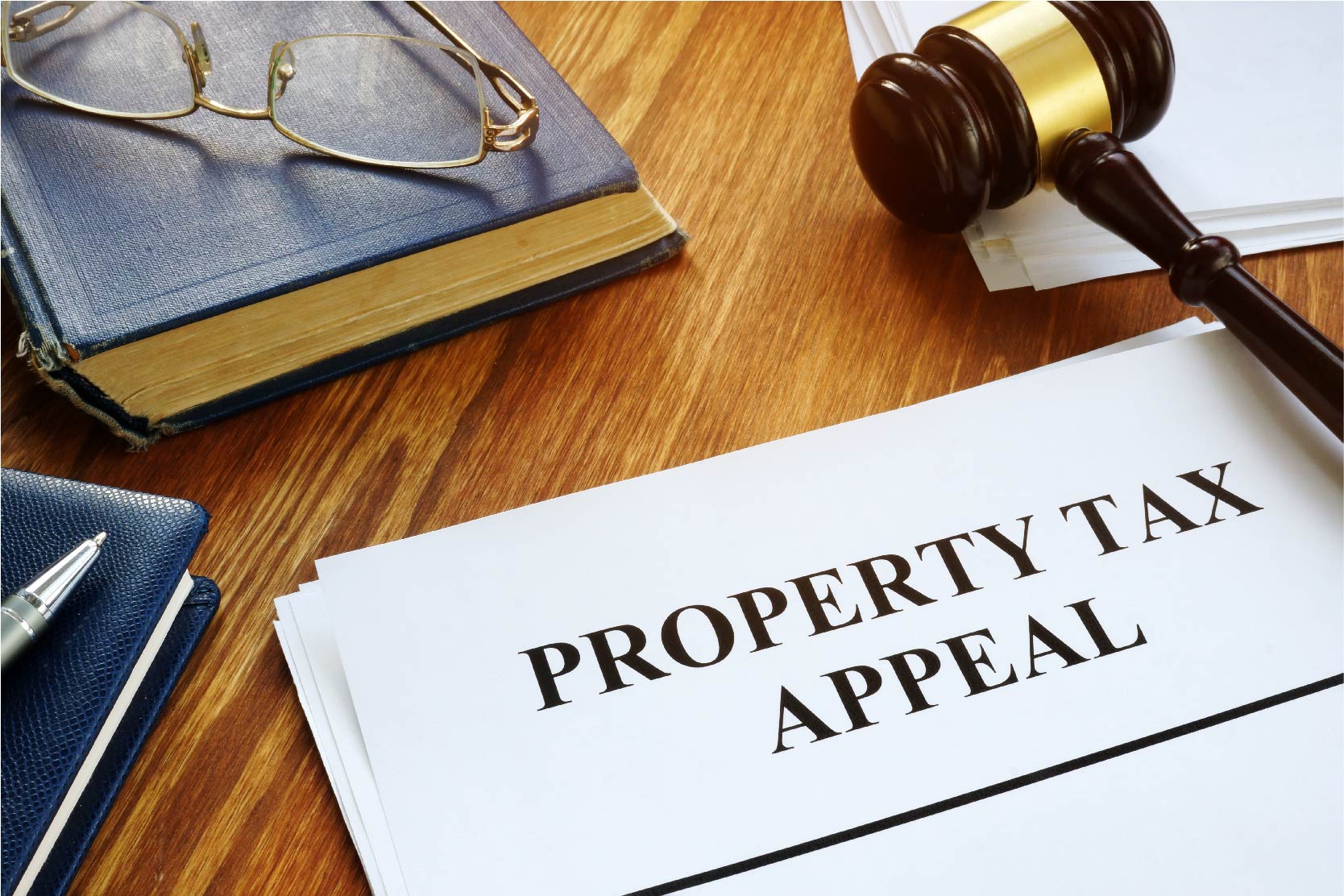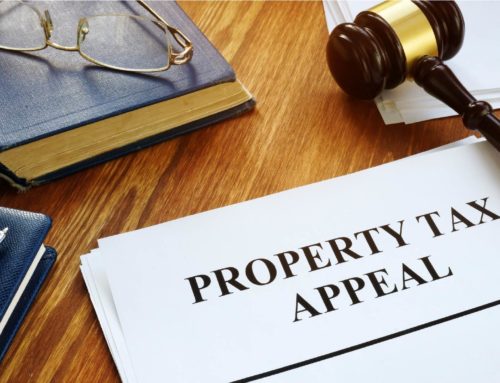 An Article by:
An Article by:
Jeffrey M. Hall
Welcome to the second segment of our Tax Appeals advice! In Article 1, we explained some of the concepts and math to illustrate how presumed market value is calculated. This time around we will take a deeper dive and show you options and tactics in pursuing a reduction in your New Jersey tax assessment.
By law, tax assessors have set duties which they must perform under strict deadlines throughout the tax year. The confluence of these statutory responsibilities and the publication of the Chapter 123 table, present an opportunity to the alert taxpayer to seek relief months before the formal appeal season. It is important, however, to recognize what steps need to be taken and the narrow time frame in which to take them.
Starting in the beginning of October there are a number of duties for the assessor to complete in preparation for the upcoming year. By law, property assessments for a tax year are based on property values on October 1st of the prior year. So leading up to October the assessor has collected market data consisting of property sales, leases and listings. That market data, plus appraisals and publication of the Chapter 123 table all play a part in the taxpayer’s earliest opportunity to seek an assessment reduction.
A taxpayer has essentially two options. The first is to wait and file a formal appeal no later than April 1st of the tax year. The second and preferable option is to immediately initiate discussions with the assessor during November or December after accumulating market data relevant to a property’s market value.
By January 10th of each year, the assessor files a certified list of assessments of all properties in the municipality with the County Board of Taxation (unless an extension is granted). Thus, there is a distinct advantage in approaching an assessor before the January 10th date. In preparing the certified assessment list, the assessor has considerable discretion in reducing a property’s assessed value and including the reduction on the certified list. Further, any agreement to reduce an assessment will be accomplished without going through a contested hearing or trial. Tax assessors are keenly aware that tax appeals can have negative financial consequences for a municipality, the most significant being a huge refund resulting from an adverse judgment. As a result, before submitting the certified list most tax assessors are inclined to reduce assessments, if a property is over-assessed, thereby avoiding a formal tax appeal and the risk of a refund, before submitting the certified list in those cases where an owner has reasonably demonstrated that a reduction is warranted.
The immediate impact of a lower assessment is a huge advantage when thinking about when to pursue an assessment reduction. Typically, the change in property taxes is reflected in the new tax bills mailed in the summer of the tax year. In the case of a tax appeal, if the taxpayer obtains a favorable judgment, the reduction is retroactive and a refund is issued at a later date. However, the taxpayer has continued to pay higher taxes throughout the pendency of the appeal which can be a lengthy and expensive process.
The value of a professional team led by a seasoned attorney cannot be overstated. The taxpayer, without legal representation, can engage in discussions with the assessor; however, attorneys who practice in this field have developed the skillset and relationships that often lead to the best results.
In our next installment in the Fall into Tax Appeals series, we will examine the effects the tax law changes are having in New Jersey.
For more information on tax appeals, please contact Jeffrey Hall of Szaferman, Lakind, Blumstein and Blader, P.C. at jhall@szaferman.com or (609) 275-0400.





